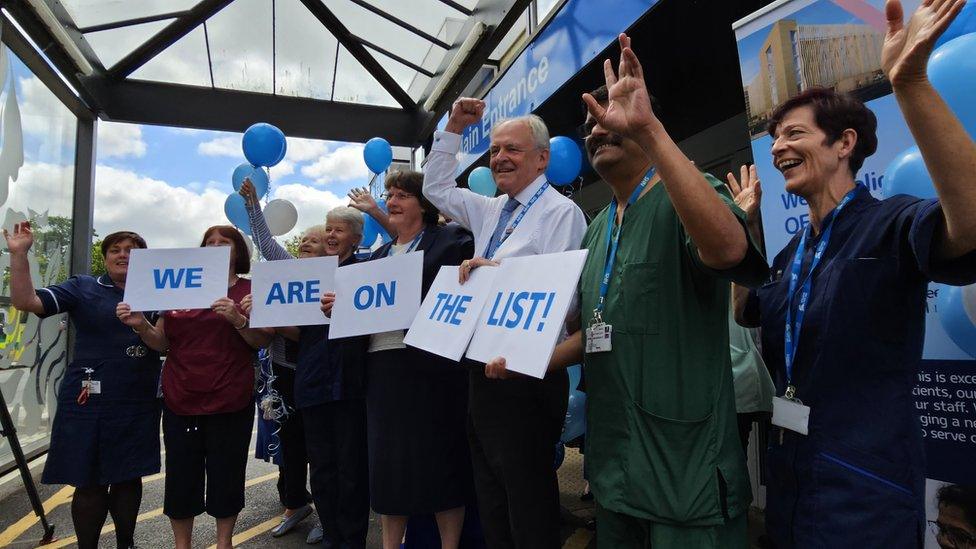Cash-strapped hospital shuts 63 beds to save £5.5m
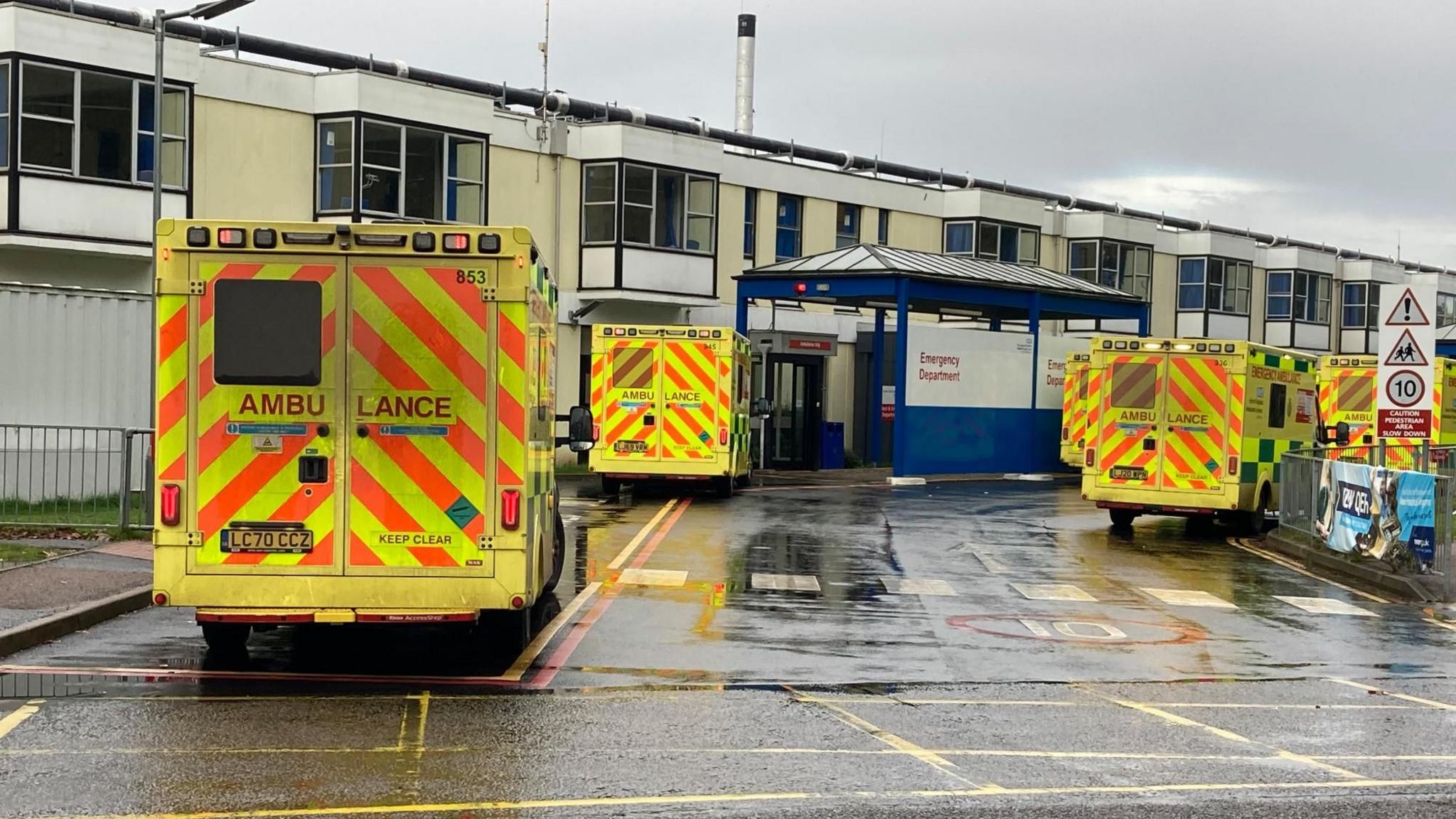
If hospitals get too full, ambulances can queue for longer outside emergency departments
- Published
The Queen Elizabeth Hospital in King's Lynn has taken 11% of its beds out of use saying it has not got the funding to pay for them.
The hospital had a savings target of £29.5m this financial year (about 9% of its budget), making it the NHS trust with the second highest target in the country, according to the Health Service Journal (HSJ), external.
Closing 60 out of 520 beds was expected to save £5.5m, with money being used to fund care in the community instead.
The hospital's chief operating officer, Simon Illingworth said about a quarter of the beds had been occupied by patients who were medically fit to be discharged.
He said they were not emergency beds and the BBC understands the local NHS commissioning body had never allocated funding for them.
The hospital had therefore been paying to staff them from its existing budget, because appropriate community care was not in place to transfer patients onwards.
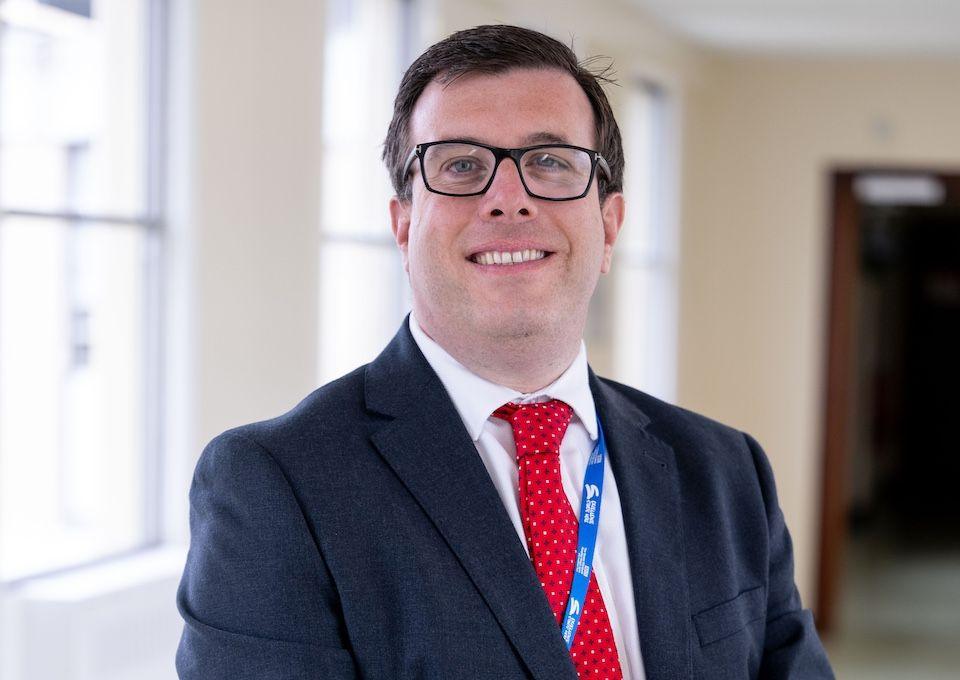
Chief operating officer Simon Illingworth took up his role in August 2023
"This is part of our plan to ensure that patients receive the right care in the right place," said Mr Illingworth.
“Patients who no longer require acute hospital care are best placed to continue their care within the community, or at home, which is better for their health."
It said it had worked with "system partners" to pay for more "appropriate" community placements instead.
The BBC asked the hospital whether the reduced number of beds was affecting ambulance delays and queues outside the emergency department.
A hospital spokesperson said that so far in November, 92% of ambulances had waited less than one hour.
The spokesperson said it had partly been achieved by "reconfiguring its wards" to reduce the number of beds meant for patients having operations while increasing the number for medical emergencies.
By contrast, neighbouring hospitals like Peterborough had the funding to increase the overall number of beds, external to deal with the expected rise in patients.
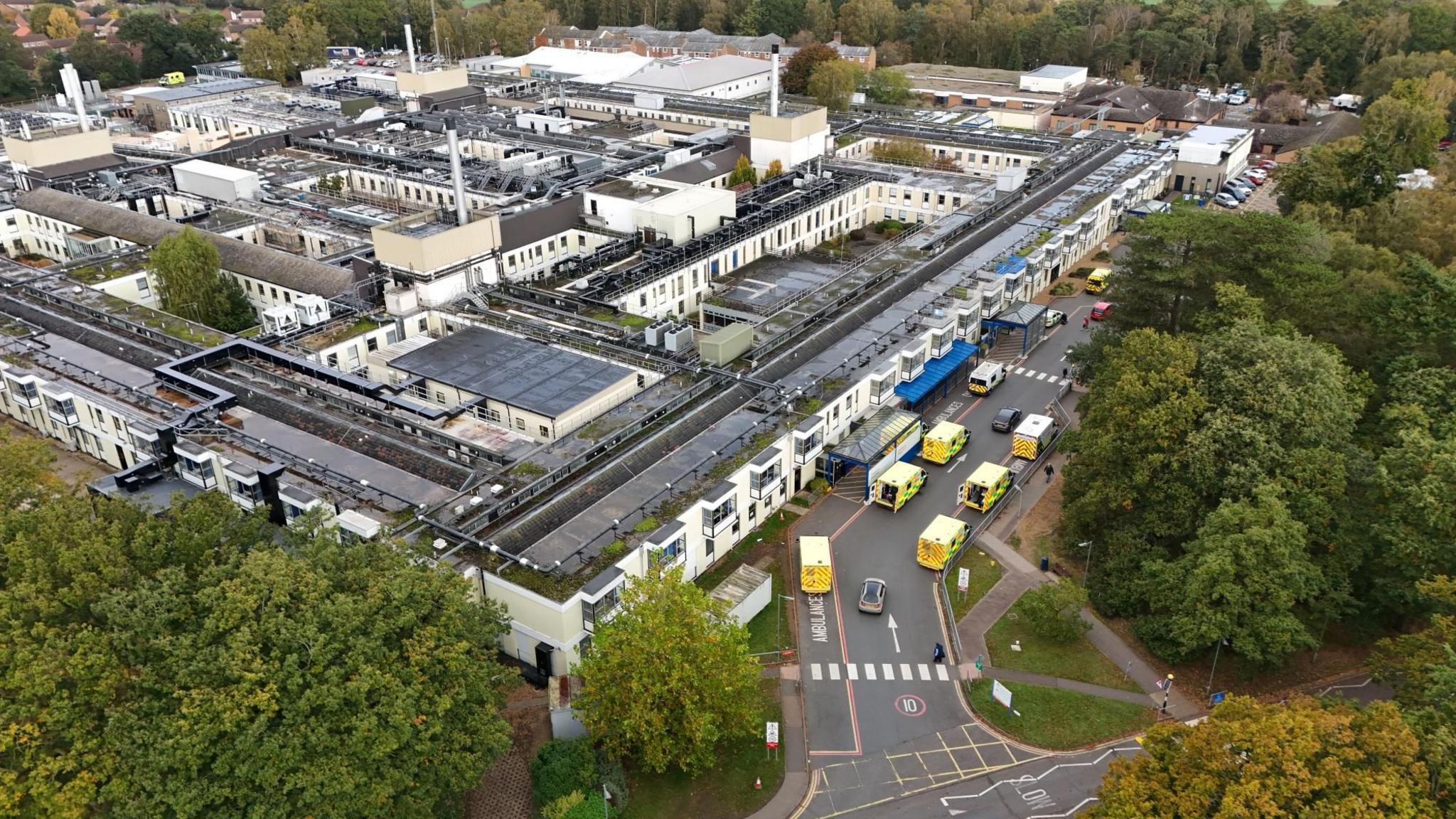
Even after closing beds, the Queen Elizabeth Hospital has to save £24m this financial year
Despite not having the money, the hospital said it would open more beds in the winter if pressures increased.
During October's board meeting, external, QEH chief executive Alice Webster emphasised the need for "cost-saving measures"
The trust had significantly reduced the use of agency staff and cut the number of whole-time equivalent non-clinical staff it employed.
Ms Webster said this was due to difficulty achieving the remainder of the savings target, temporary pay being too high and because they had not been able to do as many operations as expected.
Hospitals can increase income if they complete a certain number of routine operations, but the QEH is currently falling short of its target.
For 18 months, half of the hospital's theatres were out of use because of temporary work to strengthen the roof of the reinforced autoclaved aerated concrete building (Raac).
The NHS Confederation, the membership body for healthcare services, said at the start of the financial year, external, that it was the "tightest financial position that NHS organisations had faced in years".
In the budget, external, the government said it had allocated an extra £25.7bn for the NHS over this year and next.
The King's Lynn hospital recently received the news from chancellor that it would be rebuilt and plans would "proceed at pace".
The new QEH needs to be finished by 2030.
After this date, the crumbling Raac buildings would no longer be safe to put patients in.
Get in touch
Do you have a story suggestion for Norfolk?
Follow Norfolk news on BBC Sounds, Facebook, external, Instagram, external and X, external.
Related topics
- Published23 October 2024
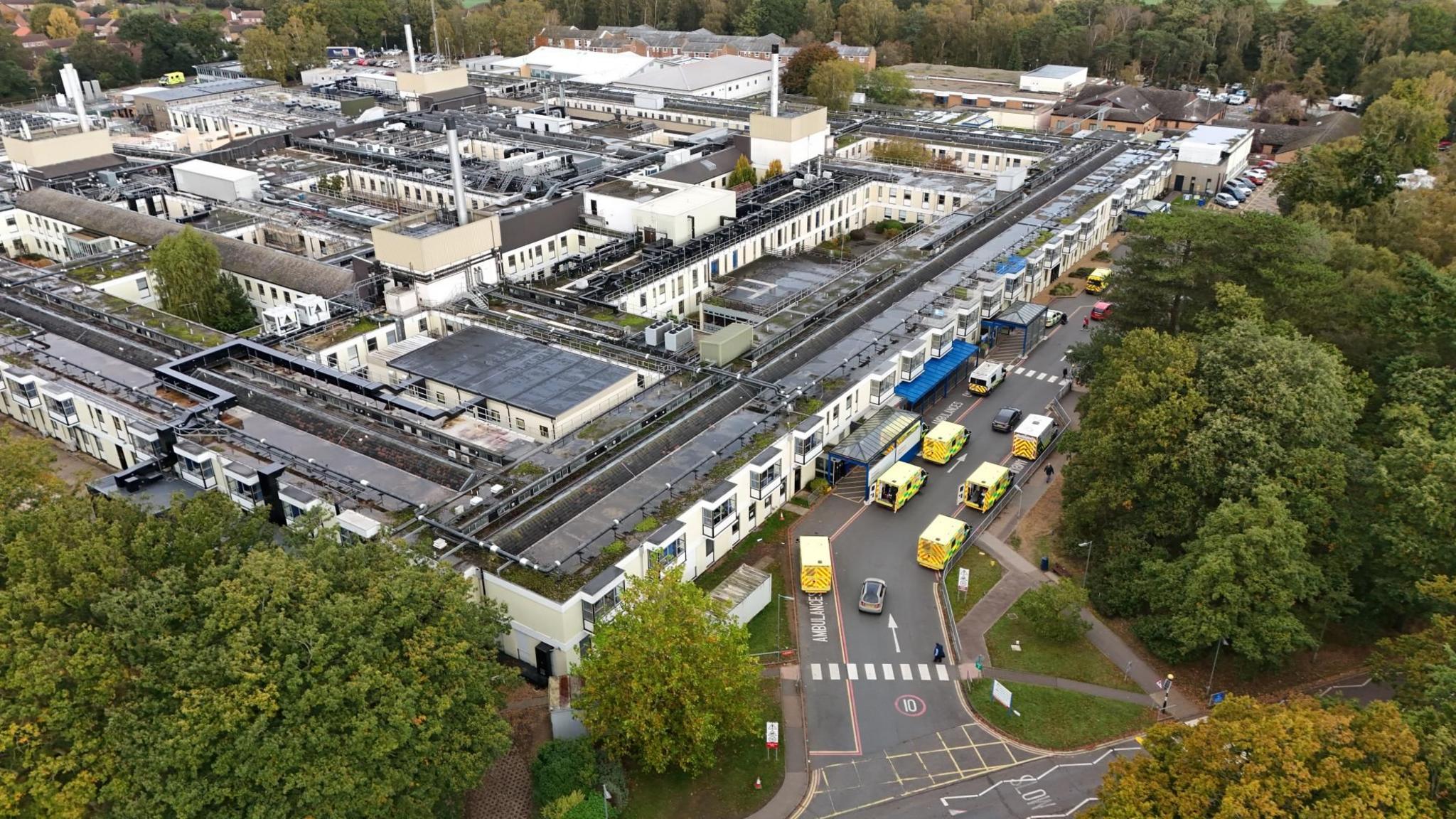
- Published23 September 2024
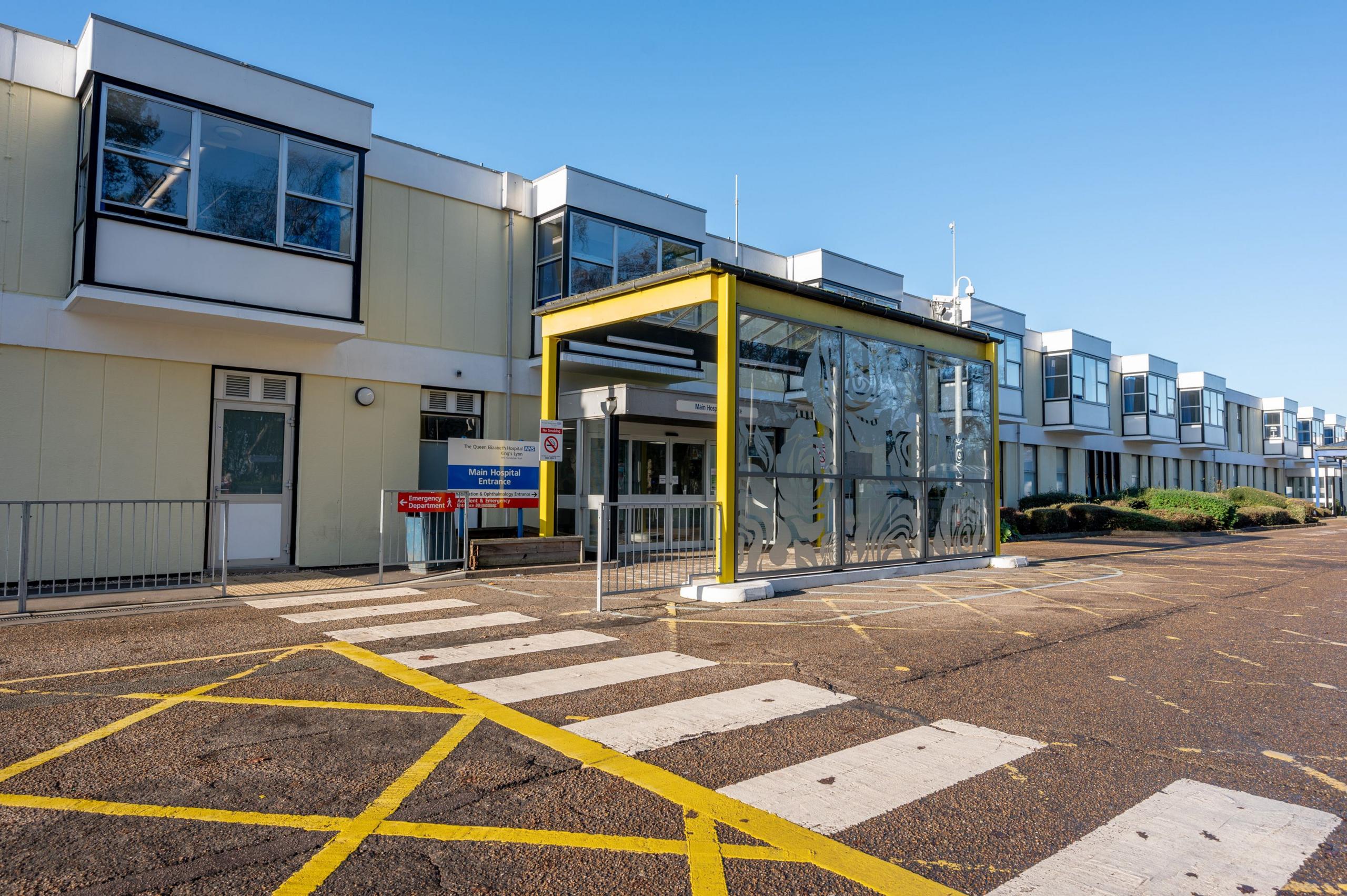
- Published10 November 2023
